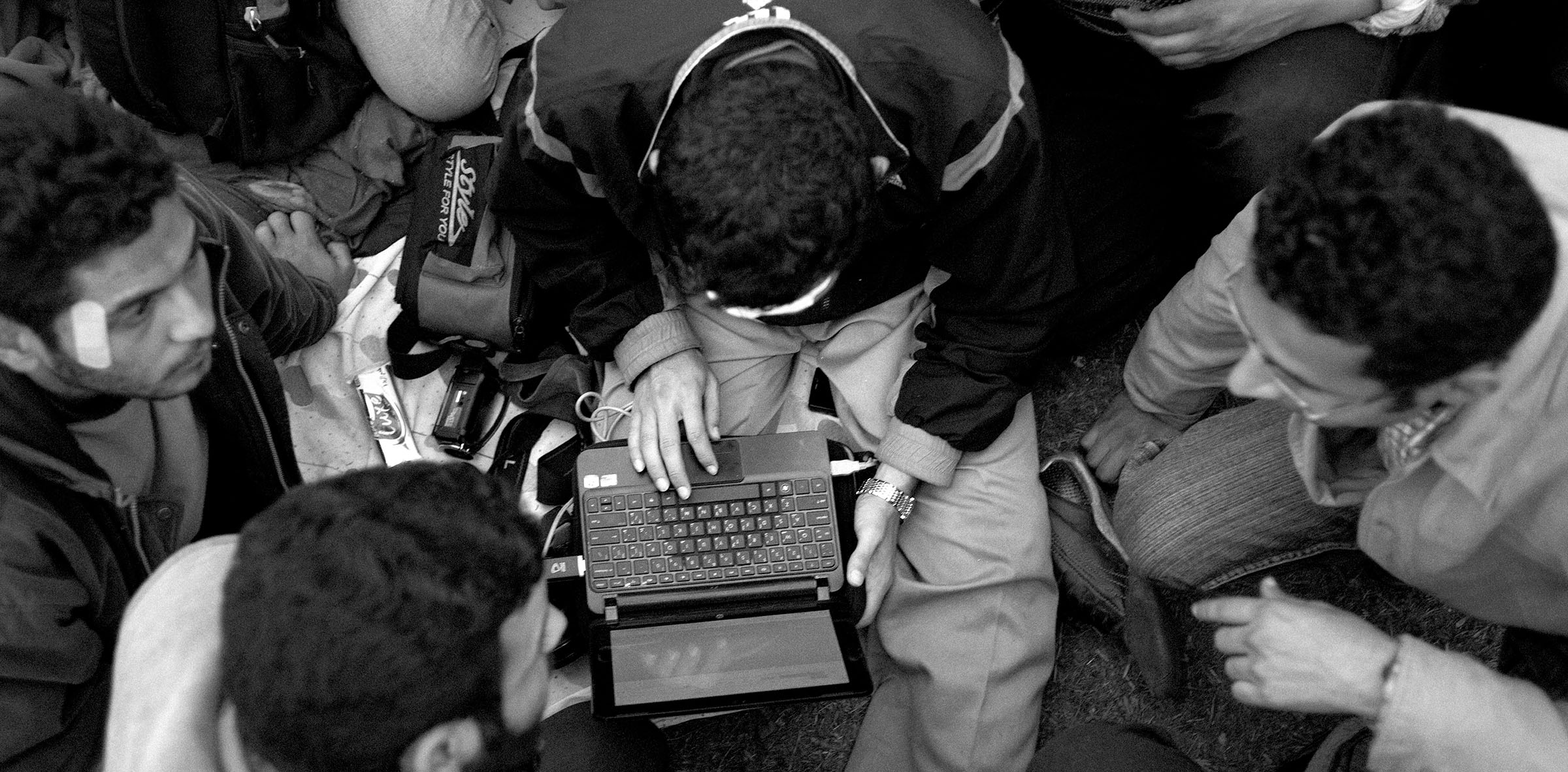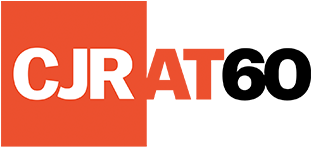When Jacobo Timerman, an editor in Argentina, founded La Opinión, in 1971, he positioned the publication as a voice of reason in a polarized country. At the time, Argentina was entering a period of turmoil and upheaval. In 1973, Juan Domingo Perón, the country’s former president, returned from a long exile and was reelected. Timerman supported him. The following year, Perón died and was replaced by his wife, Isabel Martínez de Perón. The left rose up to oppose her; the country descended into chaos. In 1976, Jorge Rafael Videla, a lieutenant general, overthrew the government, which marked the beginning of a military junta and the onset of the Dirty War. Timerman covered the news in the pages of La Opinión, printing the names of desaparecidos—those “disappeared” by the brutal regime.
In April 1977, on military orders, twenty armed men stormed into Timerman’s home, took him captive, and tortured him. He was subjected to solitary confinement, beatings, and electric shocks to his genitals. Over thirty months—first in custody, then under house arrest—he was never formally charged with a crime.
As Timerman later wrote for the Columbia Journalism Review, his torment was lonely, and getting the word out was difficult. “No journalists were permitted to see me, and those who heard of my experiences raised the question: Who will be named as the source if we publish any of this information? Fearful of what the government might do, I did not want my family to be named. And the national press was afraid to act.” His only hope, then, was the foreign press. Even the most brutal authoritarian governments, Timerman argued, cared about the way they were portrayed in international media.
In those days, press freedom was largely not on the agenda of reporters in the United States. Yet Timerman saw that the international press could have immense power to defend colleagues facing censorship, violence, and repression in their home countries. “As time went on, we were able to organize and refine a kind of news-spreading chain, whose effectiveness demonstrated the importance of the press.” He concluded: “Only the press can dispute that monopoly on reality which is the sine qua non for the existence of any totalitarian government.”
Timerman’s case made a strong impression on Michael Massing, who was then the executive editor of CJR. “For someone of Timerman’s stature and with his credentials to be arrested just drove home how extreme the situation in Argentina had become,” Massing recalled to me recently. Moved by the plight of journalists in Latin America, Massing, along with a CBS News writer named Laurie Nadel, decided to create an organization called the Committee to Protect Journalists (CPJ), dedicated to the defense of press freedom around the world.
Deploying the power of the American media and allies abroad meant building a coalition of leading journalists who were willing to stand up publicly for press freedom. Coverage in the pages of CJR helped them understand the significance of that role through the Vietnam War and the Nixon era—when journalists were in the crosshairs of the administration and needed to defend their rights—and beyond. “There are many kinds of ‘chilling effects’ on the exercise of press freedom,” as Daniel Schorr, a CBS News correspondent, wrote for CJR. “Whenever a president uses the powers entrusted to him to go after a reporter, there are bound to be some.”
Press attention can no longer be counted upon to dissuade the world’s tyrants. But the power of the media remains considerable.
For decades, the media continued to enjoy an information monopoly, meaning that anyone who wanted to reach a mass audience—a sitting politician, a revolutionary group, an authoritarian government—had to engage with the press. Journalists talked to everyone, and it was their utility—not international humanitarian law or the norms of the profession—that kept them safe. More recently, however, the emergence of new technologies has allowed politicians to hijack the information agenda, insurgent groups to disseminate information directly, and governments to flood the zone with propaganda. Reporters, once cultivated, are now liable to become targets of kidnappings or killings. The end of the news monopoly, though it democratized information, also had the sad consequence of pitting journalists against one another, with established correspondents lambasting freelancers for their reckless behavior, as Shahan Mufti did in a 2010 CJR essay on Pakistan. “By venturing alone into the tribal areas,” he wrote of a journalist gone missing, “she had obviously put her life in danger . . . and, I realized, she had eroded, however slightly, the reputation of the entire foreign press corps covering the war.”
Today, technology complicates the challenges to press freedom. During my time at the helm of CPJ, I have found that the front lines are in places such as Russia and the Philippines, where local news organizations (many with international funding) are fighting an asymmetric war with authoritarian regimes that not only harass and threaten them but also influence the information ecosystem to discredit and undermine journalism. The case of Maria Ressa, the Nobel Prize–winning cofounder of Rappler, an online news organization in the Philippines, has inspired a complex and sophisticated global campaign using social media, diplomatic outreach, and legal defense—which has so far kept her out of jail, though just barely. “The only way we can get a fair trial is if others are watching,” Ressa noted in CJR—an echo of Timerman.
Press attention can no longer be counted upon to dissuade the world’s tyrants. That’s in part because the bond between the institutional media and the exercise of US foreign policy has weakened, along with American influence as a whole; the levers of global power have increasingly moved into the hands of authoritarian governments. But even if the power of the media is reduced, it remains considerable; Timerman’s argument still stands. CJR has highlighted the need for press freedom like no other publication, chronicling the triumphs and the losses, and through its coverage has helped forge consensus: when their colleagues are under threat around the world, journalists cannot be objective; they must stand together to defend their rights.
TOP IMAGE: Citizen journalists in Cairo, February 6, 2011; Alex Majoli/Magnum




